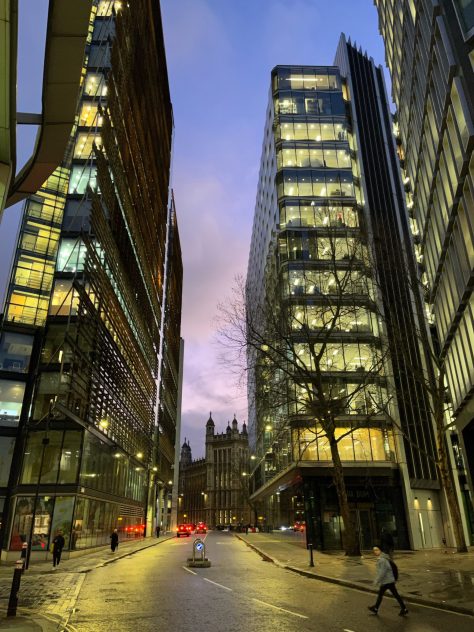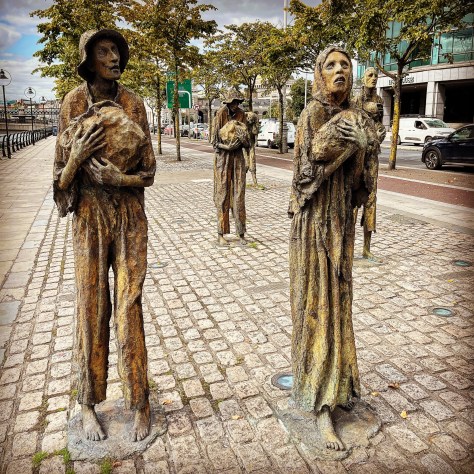Monday I was working from home, spent some time planning for the week ahead. I spent much of the week up in London attending meetings in our Fetter Lane office.
I published a blog post about university spaces and wellbeing.
Could we use space utilisation data to support wellbeing? As students frequent and move about the campus, the spaces in which they study, learn and relax can have an impact on their wellbeing.
Had a meeting about some potential sessions at Jisc’s Digifest that I may present on.
Wednesday I was part of a meeting talking about risk. I have participated in risk meetings and importantly risk mitigation many times over the years. I remember undertaking a risk assessment on the external hosting of our VLE. I was asked by an auditor, what would we do if the server room in London (which hosted our VLE) flooded. Well we would switch to the alternate servers in Wiltshire. I was then asked what would we do if that server was taken out as well. As a group we decided that if both London and Wiltshire were taken out, then we would probably have more important problems to worry about than if the VLE was running or not. Though, if that did happen, we could restore the VLE from a backup on our own servers and get it running again that way.
On Thursday we had our Quarterly Leadership Team Away Day, much of what was taken up with a conversation and discussion with our CEO about the strategy, planning and moving forward.
Friday I attended the DfE HE Sector emergency planning liaison group where we discussed the potential impact of blackouts and cyber threats. I have written before, in October, about the potential impact of loss of power on student learning.
So how do students do online and digital learning without electricity or even connectivity? The news is full of stories on the possibility of winter blackouts as the energy crisis continues to hit home. With the continuing prospect of restrictions in gas supplies across Europe, there is a strong chance with a extreme cold spell in the UK that there will be power rationing. This means that some parts of the UK will be dark. Students will face learning without light, power, heat or connectivity. What can universities do to prepare for this potential likelihood? How can you deliver high quality online learning without power or connectivity?
In the post I explored some of the preparations that universities might want to consider if there was going to power outages.
At the time of writing the risk is low, so we are unlikely to see blackouts.
Jisc published a comment about ChatGPT and assessment.
ChatGPT and its ability to produce high quality essays with minimal human input has created a flurry in the UK education sector and many are questioning whether this signals the end of the essay as a primary mode of assessing learners.
One of the (now not so) little people got a new 10th generation iPad for Christmas. He asked if he could borrow my first generation Apple Pencil to do some drawing on his iPad. Having purchased an USB-C to Lighting adapter from the Apple Store in Bristol to connect a first generation Apple Pencil to a 10th generation iPad, I think there might be a problem with the pencil. It seemed to be failing to hold a charge, despite being connected and fast charging from the 10th generation iPad. Reading the web it looks like that as I haven’t used the pencil in a while, the battery has died. Though I had given up hope, my son hadn’t. While I was away for work, he tried once more to charge the pencil, and low and behold, it charged up, it paired and is working well with the 10th generation iPad.
It’s alive I tell you, alive!
My top tweet this week was this one.
Nearly a third of university courses still have hybrid teaching – BBC News https://t.co/48h9n5JKNI
— James Clay (@jamesclay) January 6, 2023




















